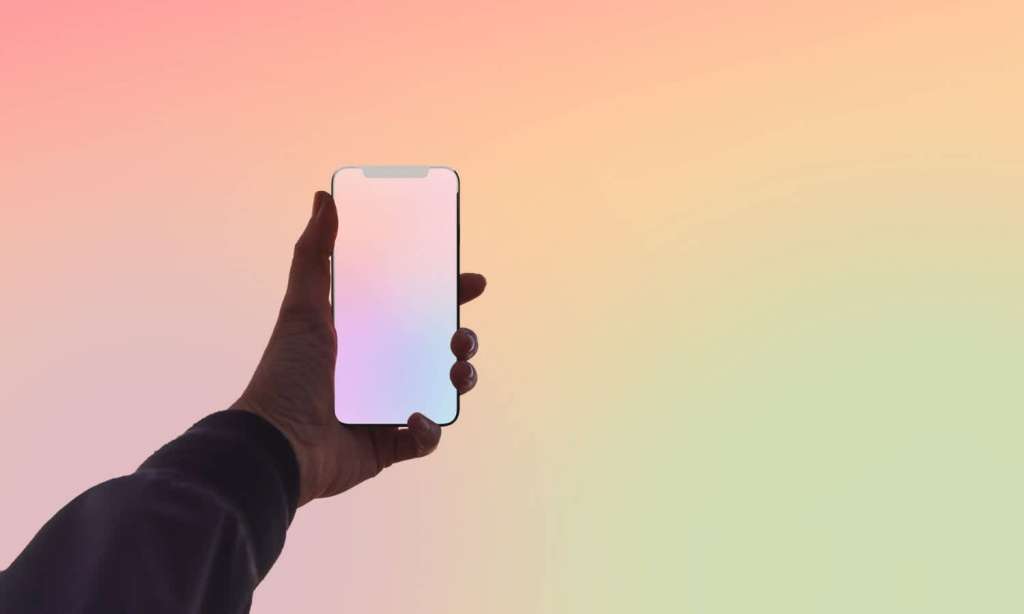If you’ve ever swiped and swiped and swiped (and swiped) on a dating app with no luck, it’s not you, it’s me. Wait, no, that’s not how the line’s meant to go in this instance. It’s not you, it’s them — the dating app itself.
Just like how the diet industry profits on your insecurities, the dating app industry profits off of you being single — quite literally. It is a business at the end of the day. And as well all know from general consumerism and capitalism, businesses need to make money… we’re yet to hear of a dating not-for-profit.
If you don’t work for a dating app, you’re not privy to the secret of their (sometimes very confusing) algorithms. However, as DMARGE points out, if you fail to use some dating apps regularly, you’re pushed to the back of the swipe pile — and after 30 days, you’re deemed “inactive”.
Tinder is one such business that works in this way and a spokesperson for the company told the publication that “being active on Tinder” and your location are the “the most relevant factors” when it comes to improving match potential.
Geoff Quattromani, tech commentator and founder of Technology Uncorked podcast, says that “No businesses are built to gain and lose customers” and that it’s usually about “retention.”
It turns out dating apps aren’t too dissimilar to shopping websites — no, you can’t buy your perfect partner (or even get a discount on them), but they use something called “collaborative filtering.”
Founder of JobSwipe, Rhys Maddocks, in conversation with Cosmopolitan, says collaborative filtering “assumes if you buy the same product as someone else, you’ll also be interested in other items they purchases.”
So if you like someone, you’ll then be shown recommendations based on the preferences of others who also liked that person, explains Maddocks — get the shopping reference now?
Face-mapping, “pinpointing physical features you have a preference for” is also a thing that happens on dating apps — those with similar features will be sifted to the top of your pile. Yep, artificial intelligence (AI) will gather metadata on what you commonly approve of. This might explain why all people on the app you’re scrolling through start to look the same. Haven’t these apps heard that variety is the spice of life?
So no, you aren’t completely imagining it. They’re definitely trying to profit off of you. But uh, you might need to keep the conversation going for longer than a day before you write them off completely (guilty).
Read more stories from The Latch and subscribe to our email newsletter.







